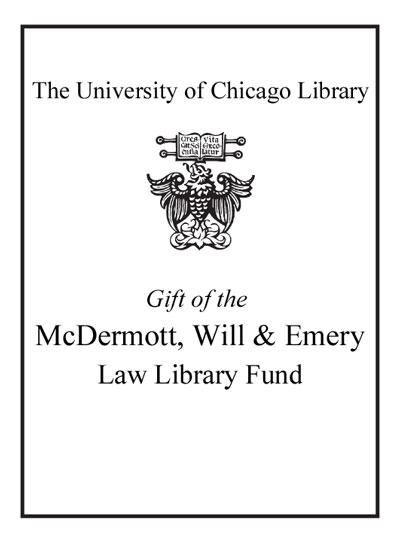Review by Choice Review
In this well-researched book, Newman (Univ. of North London, UK) calls into question the conventional wisdom that humanitarian intervention in the post-Cold War era has limited atrocities and contributed to peace and democratization. Rather than encouraging human rights and prosperity, the author argues, the "liberal peace" propagated by the major Western powers has done more harm than good. In particular, neoliberal economic policies and democratization have helped destabilize countries, exacerbate power inequalities, and foster ethnic division. Chapter 4, on Rwanda, attempts to illustrate the harmful effect of power-sharing policies encouraged by outsiders but omits altogether the human suffering of the 1994 genocide itself. In the final chapter, Newman provides a qualified support for the Responsibility to Protect principle, claiming that in exceptional circumstances, coercive intervention may be necessary, provided it is carried out multilaterally, preferably under UN auspices. Although this book raises important issues about humanitarian intervention, a more penetrating assessment of this practice is J. L. Holzgrefe and Robert Keohane, eds., Humanitarian Intervention (CH, May'05, 41-5544). Summing Up: Recommended. Upper-division undergraduate, graduate, and research collections. M. Amstutz Wheaton College
Copyright American Library Association, used with permission.
Review by Choice Review


